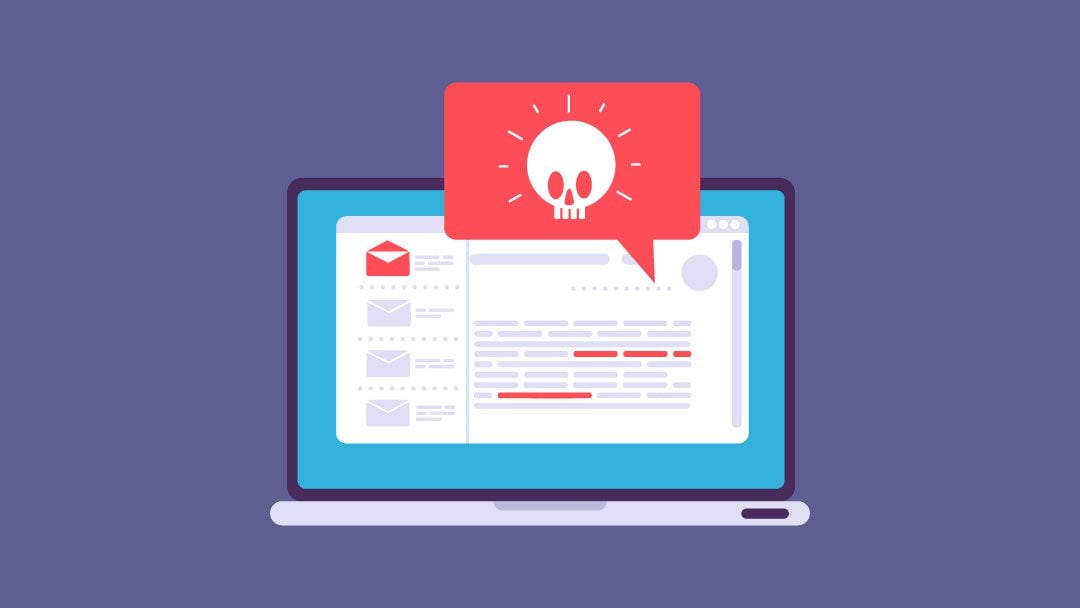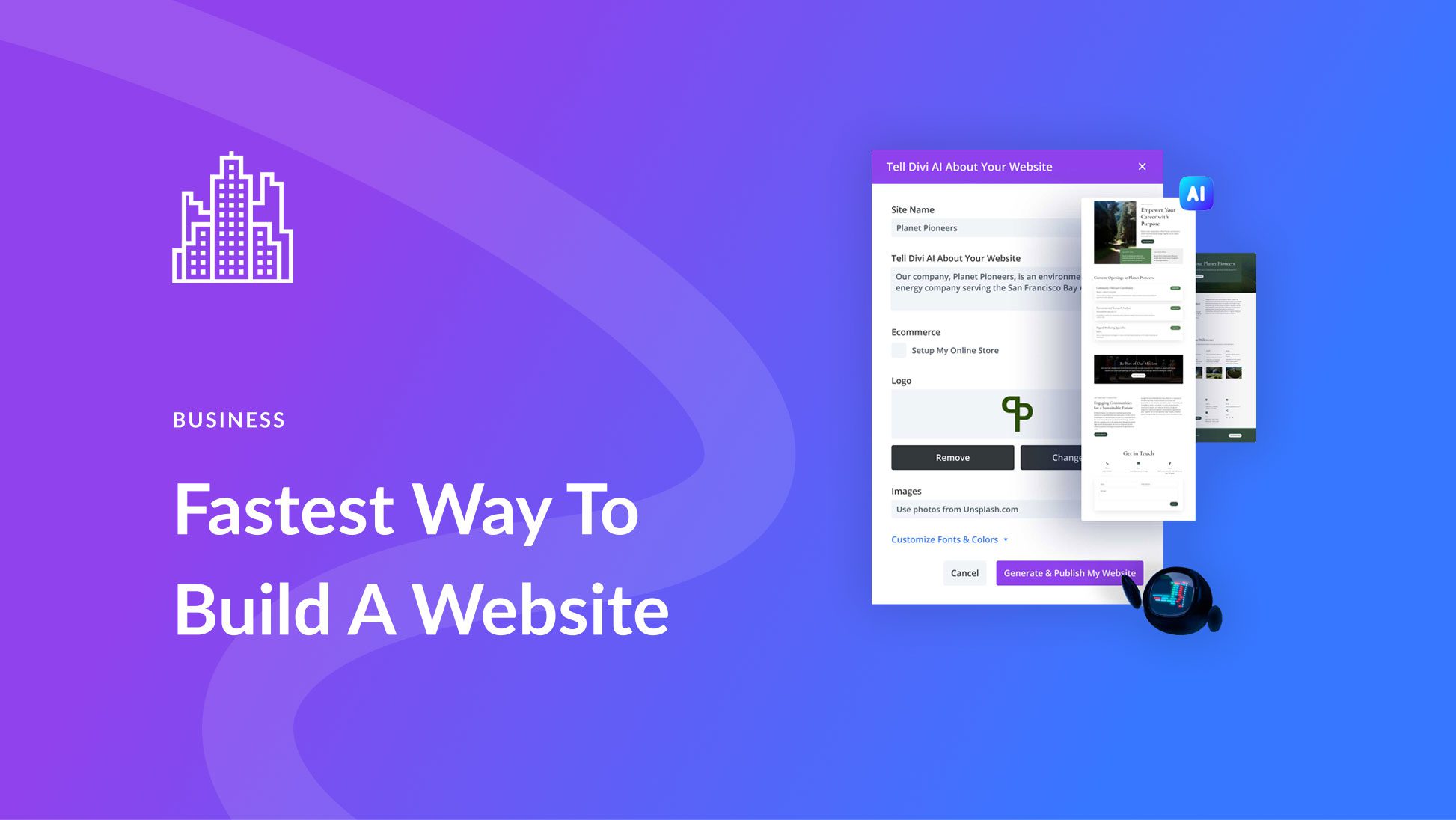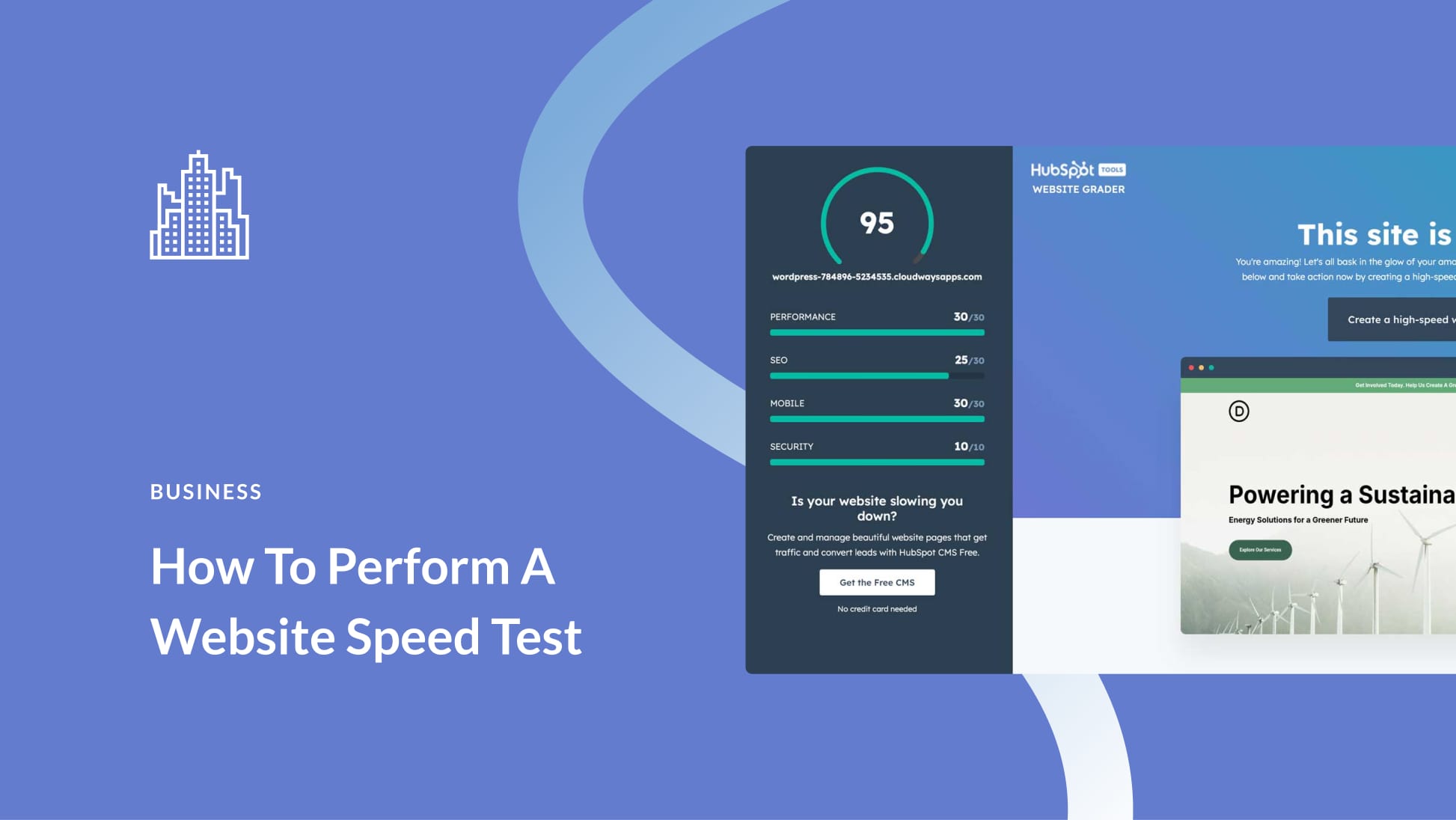Every new freelancer needs to know how to avoid getting scammed when looking for work on online platforms.
Starting a career as a freelancer can be a positive life-changing move. But sometimes when you start out as a freelancer you take on jobs that might not be the best choice. On some occasions, that job that seemed too good to be true probably was.
Many freelancers have been in that position and unfortunately, a lot of them have fallen for scams. For that reason, freelancers in any industry need to be prepared. It’s important to know how to recognize red flags when taking on new jobs through online platforms and social media. Not being ready to defend your profession is a considerable freelancing mistake.
In this article, we’ll look at some of the most common scams that affect freelancers in all industries, from graphic and web deisgners to writers, seo specialists and content marketers. These scams happen through freelance platforms, emails, and social media. Knowing these red flags is a great way to get started with risk management for your freelance business.
Let’s take a look.
Scams On Freelance Platforms
The majority of new freelancers don’t really know where to find good work. With a little research, they discover sites like Freelancer, Upwork and Fiverr. These platforms can be great for finding work at first. In fact, many freelancers become quite successful using them. Unfortunately, these sites are full of scams targeted at freelancers. So much so, that the Freelancer blog itself published an article about it.
Freelancer platforms like Freelancer, Upwork and Fiverr are based on a system of freelancer and client portfolios, job boards and pitch contests. Employers and freelancers create profiles through which they find each other.
Many new freelancers fall for scams on these platforms. From small one job scams to scams that can span for months, causing new freelancers lots of heartache and mortification.
Upwork, Freelancer and Fiverr are the three platforms most famous for freelancer scams because they are the largest in the industry. Thankfully with a little investigative work any freelancer can make sure that the job they are being offered is legit and worth pursuing. It’s all about being able to read the red flags.
The video below about avoiding work at home scams by recognizing red flags is a great resource for any freelancer, not just work at home, also digital nomads etc.
Red Flags To Look Out For On Freelance Platforms
Recognizing red flags as a new freelancer is the key to not getting scammed. When being offered jobs as a new freelancer it’s easy to get excited. It’s easy to forget to check things like empty profiles, bad reviews and other suspicious things.
Below are the most common red flags to look out for.
When It Sounds To Good To Be True
The biggest red flag when looking for freelance work is when a job sounds to good to be true. If for example, the employer offers very easy work for a high pay rate. It’s easy for a company to find simple work for low cost, so there is no reason why they would pay a high rate for it.
What they are doing is trying to make you feel special and excited that you’ve found such an easy opportunity. Look deeper into the employer profiles and you will surely find more red flags.
When An Employer Asks For Money First
A huge red flag is when an employer asks the freelancer for any type of payment before they can be given the work. For example;
- The employer says that the freelancer needs to buy a specific tool or program from them to be able to do the job.
- The freelancer is asked to a fee in order to be considered for the work.
- Design contests that ask for high fees to apply with little chance of getting the work.
Empty Profiles And Negative Reviews
After being offered a job or after finding a job on any of these platforms, the first step is to check the employer’s profile. There needs to be a clear online presence with a linked website and social media profiles that can be clicked on. If there is only a name with no website or even a legal address, that’s a red flag.
Employers get reviews from freelancers and these can be seen by anyone. These need to be reviewed to look for any negative comments and reviews from other freelancers. More than one negative review is a red flag. No reviews are also a red flag.
If an employer is new, that’s a good reason for there to not be any reviews. If the employer looks legit and there are no reviews, look them up online.
When The Company Asks To Communicate Outside Of The Freelancer Platform
If the employer asks to communicate on any messaging system outside of the one where they are offering the work, it’s a huge red flag. The most common outside platforms are Skype and Facebook messenger. Once the scam is over, the account disappear and the freelancer is left in the dust.
Always communicate inside the platform, no matter what.
When Employers Refuse To Accept An Agreement Or Contract
It should be common sense for freelancers to ask for a work contract or agreement before starting any work. There might be some exceptions if you can be sure that the employer is trustworthy. The only way of knowing that is by asking other freelancers about the employer in question.
Many freelancers assume that because they are getting work through a work platform, that they can simply accept work without any agreements in place. That’s simply not true. That’s why it’s important to always communicate with an employer through the internal messaging system, that way it all stays recorded.
In the case of getting freelance work offers through other platforms like Facebook or social media, contracts or email agreements are even more important. All aspects of the job should be laid out before the work starts so there are no surprises later on.
The video below will help you get a better idea of how contracts and terms work for freelancers.
Scams That Mask As Online Courses
There’s another freelancer scam that doesn’t usually look like a scam at first and is more difficult to spot. These are online courses promising freelancers a special system that will get them plenty of work and lots of money.
Of course, there are plenty of very good courses and mentorship programs that sell courses to help freelancers improve their business. Unfortunately, there are also people selling courses in clickbait-style that cost hundreds of dollars and don’t teach you anything that you couldn’t get from Google.
In some cases, the weekly courses are charged upfront and then the seller disappears without ever sending weekly content to anyone.
Only buy online courses from well-known professionals that have been recommended by other freelancers who found real value in them.
The video below will help you sift through the noise and know which courses are legit and which are not.
The Payment Reversal Scam
The last freelancer scam I will mention is most commonly known as the web design scam. This one has been around for a while and has recently been renewed as SEO scams, content marketing scams and general design scams.
The way this scam works is through payment reversal. The employer communicates with the freelancer to the point where the job is offered. Then the employer asks for a favor. The favor is that the freelancer invoices a larger amount than the one agreed upon with the promise to then send the extra cash to a third person.
When the payment is accepted, the first installment is sent from a stolen credit card or fraudulent account. Then, when the freelancer sends the extra money to the third person, the original scammer will receive it. As soon as the original owner of the credit card realizes that money has been taken from their account, their bank will reverse the payment. Most of the time, it will be too late for the freelancer.
When the money arrives in the freelancer’s account, they will most probably send the money to the third person. The original bank will most definitely retrieve the money and the only person losing anything will be the freelancer.
Never accept to receive a larger payment than agreed upon in order to send a third person the extra money.
Have You Ever Been Scammed As A New Freelancer?
It has happened to a lot of us. Many times when we get started, we are so excited to get new jobs that we forget to look at the red flags. But once you know what these are, it’s easier to feel confident with getting work. You simply have to be prepared.
Did you fall for a scam when you were starting out? Are there any other scams that I missed to mention? Share with the community in the comments below.
Featured Image via MicroOne / shutterstock.com









Have seen people online asking me if I had an upwork account. I would not give them access to the account even if I had one.
Scamming is just going to happen.
yah there is someone asking for money for them to create for me a virtual freelancing ID. and I have already done the task. they say they do not pay freelancers without virtual is designed by them. and at the start I was not informed.